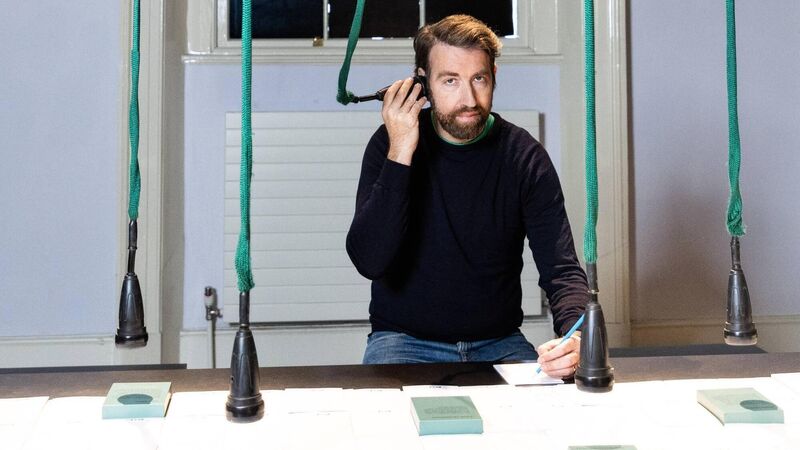Colm O'Regan on comedy, language and the Irish words we’re in danger of losing

Colm O'Regan in the Museum of Literature Ireland, moli.ie. Picture: Nina Val, @nvksocial.
Try from €1.50 / week
SUBSCRIBE
Colm O'Regan in the Museum of Literature Ireland, moli.ie. Picture: Nina Val, @nvksocial.
Comedian, author, and Irish Examiner columnist Colm O’Regan’s latest project is a love letter to the way we speak.
Not just the grand turns of phrase, but the small, local miracles that vanish along with the last person we remember saying them.
Already a subscriber? Sign in
You have reached your article limit.
Annual €130 €80
Best value
Monthly €12€6 / month
Introductory offers for new customers. Annual billed once for first year. Renews at €130. Monthly initial discount (first 3 months) billed monthly, then €12 a month. Ts&Cs apply.
Newsletter
Music, film art, culture, books and more from Munster and beyond.......curated weekly by the Irish Examiner Arts Editor.
Newsletter
Music, film art, culture, books and more from Munster and beyond.......curated weekly by the Irish Examiner Arts Editor.
© Examiner Echo Group Limited